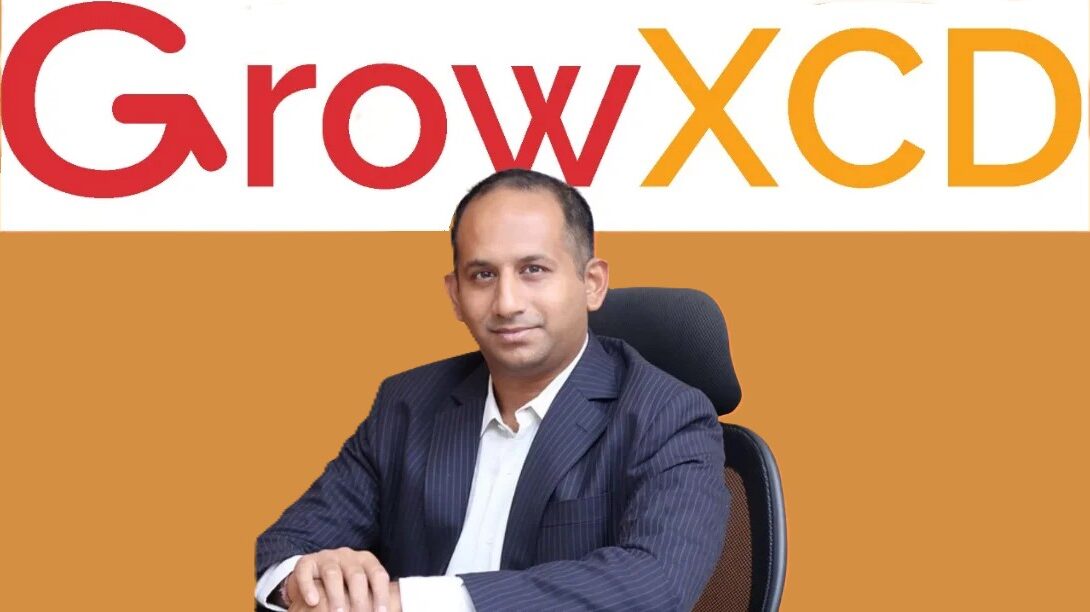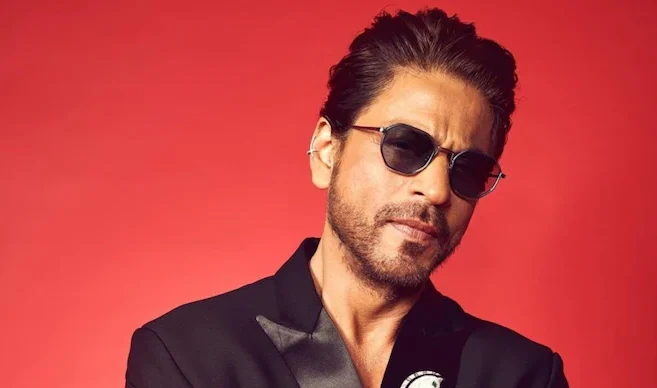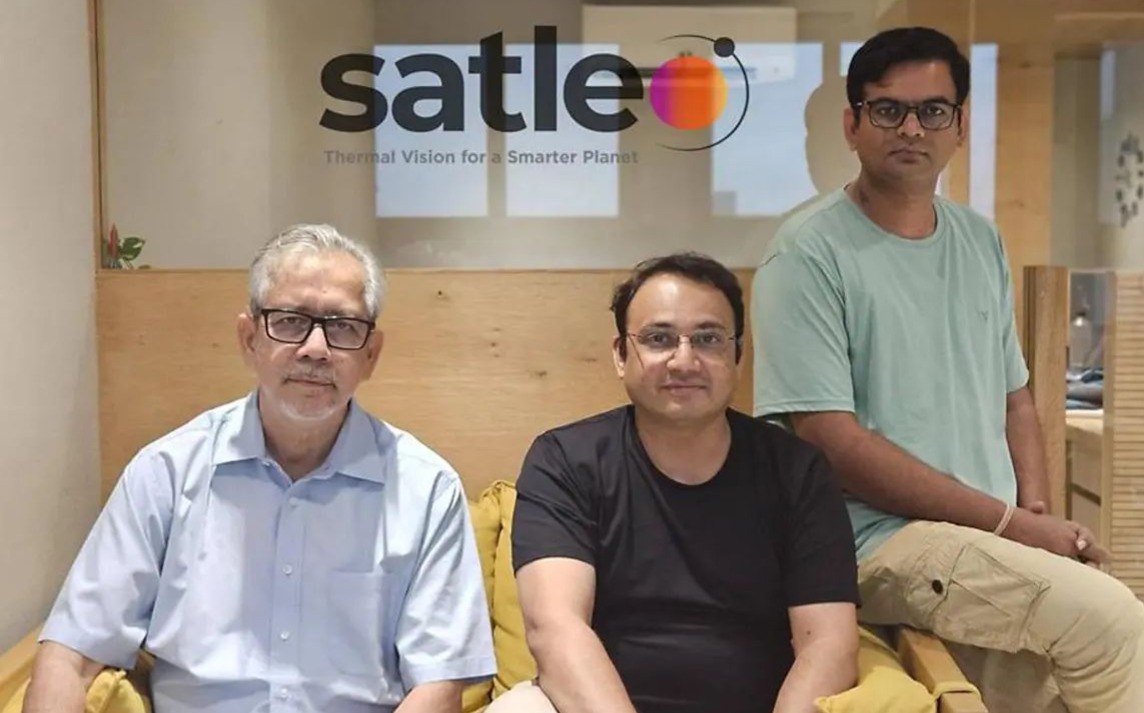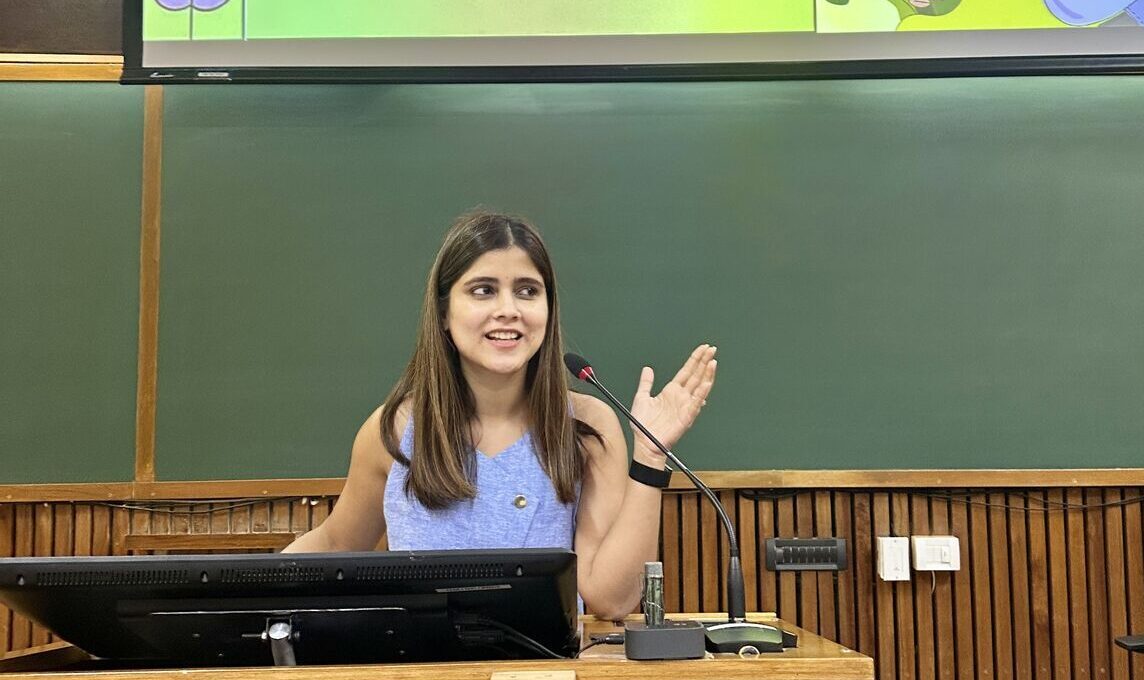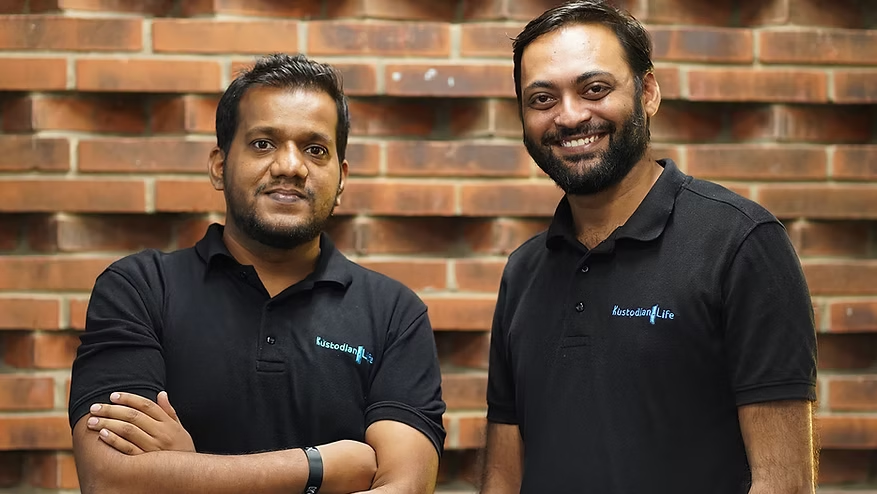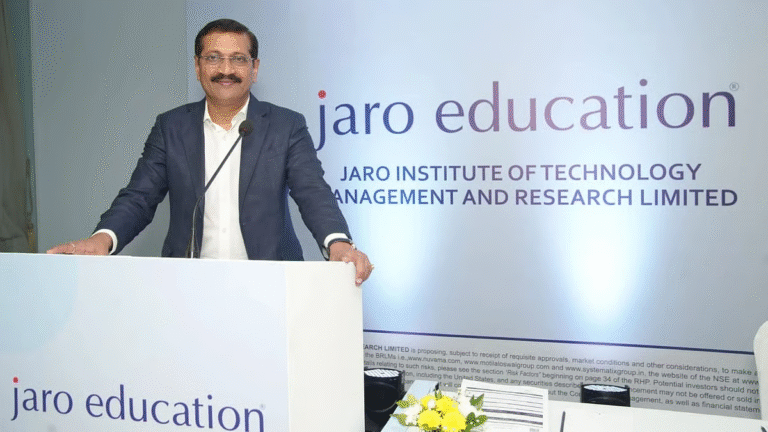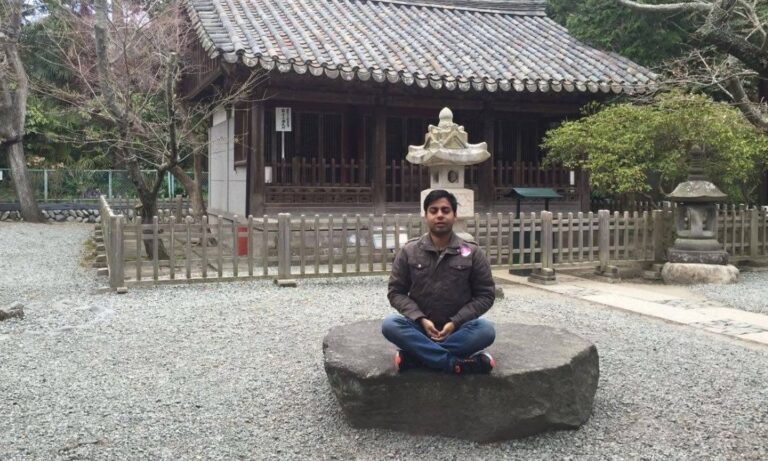India’s startup ecosystem has been one of the fastest-growing in the world over the past decade. With more than 1,40,000 startups officially recognised by the DPIIT, funding is often seen as the fuel that keeps the engine running. But a pressing question for many first-time founders remains: how many venture capitalists (VCs) are actually out there in India, and do they really invest money as freely as it seems from the outside?
The Numbers Behind VC Firms in India
India has over 250 active venture capital (VC) firms. Some well-known investors include Sequoia Capital (now called Peak XV Partners), Accel, and Tiger Global. There are also local firms like Blume Ventures, Chiratae Ventures, and Kalaari Capital. In 2022, Indian startups received around $42 billion in funding. However, this amount fell sharply in 2023 because of a “funding winter.”
This decline raised concerns about whether VCs are willing to take risks or if they hold back when the market is uncertain. Many founders say that although money is available, it is not always easy to access it.
Do VCs Invest Freely?
The perception of “free-flowing” money is misleading. Most VC firms have very strict investment theses. They often look for certain metrics before writing a cheque; traction, market size, scalability, and above all, founder credibility. Early-stage funds like India Quotient or 3one4 Capital do take bigger bets on unproven models, but mid-to-late-stage VCs tend to be far more cautious.
This means that for many young entrepreneurs, especially those outside metro cities, funding remains a tough hurdle despite the growing pool of investors.
The India-Specific Challenge
Another challenge unique to India is that a large chunk of VC funding still flows into sectors like fintech, SaaS, e-commerce, and consumer brands. Healthtech, agritech, and cleantech though promising, continue to receive a smaller share. Founders in these areas often report longer fundraising cycles and more rejections.
What the Future Holds for Indian VCs
Experts believe India’s VC ecosystem is still maturing. As domestic wealth managers, family offices, and corporate VCs expand their role, the pool of available capital is expected to grow. But whether VCs will truly invest “freely” is another story. For now, the reality is that money does exist, but only the most prepared startups are able to secure it.
Also Read: Campa Sure: Reliance’s Big Bet to Disrupt India’s Bottled Water Market












